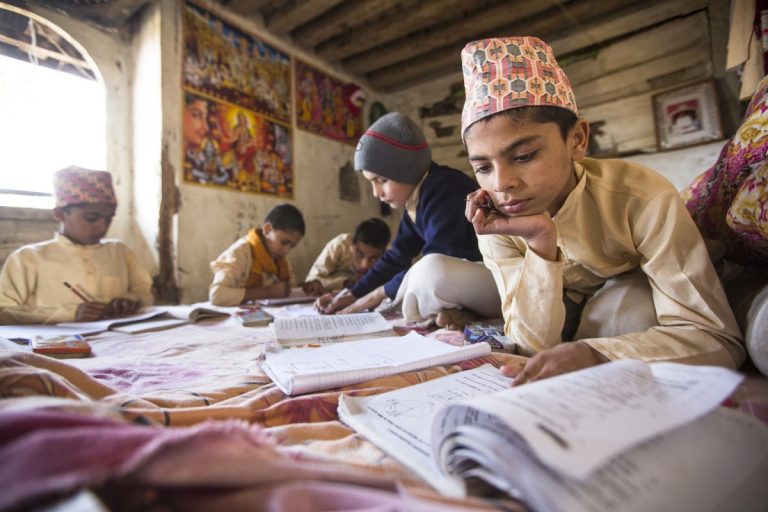
India’s junior minister for education Satyapal Singh has dismissed Darwin’s theory of evolution, calling it scientifically faulty because no individual has ever witnessed an ape transform into man.
As such, he said the theory should not be taught in schools.
Darwin’s theory (of evolution of man) is scientifically wrong. It needs to change in the school and college curriculum. Since (the time that) man is seen on Earth, he has always been a man.
“Nobody, including our ancestors, in written or oral, said they saw an ape turning into a man,” he said, according to The Indian Express.
However, Indian scientists reportedly said it was Satyapal’s remark that was “scientifically wrong”, “overly simplistic”, “misleading” and without any “scientific basis.”
The junior minister, who has a postgraduate degree in chemistry from Delhi University, said he was speaking as a “man of science”, reported The Guardian.
What came first, humans or monkeys? Is evolution scientifically correct? India's junior education minister Dr Satyapal Singh a chemist by training rubbishes evolution theory. See Pallava Bagla's report. pic.twitter.com/2t3IbNODGF
— Vinod Varshney (@vinodvarshney2) January 23, 2018
He claimed to know 10 to 15 scientists who do not accept Darwin’s theory of evolution as scientifically correct and encouraged people to attend a conference where these “scientists can come out and say where they stand on the issue”, the UK daily’s report said.
Aniket Sule, who is in the field of education research at the Homi Bhabha Centre for Science Education at TIFR in Mumbai, circulated a petition among colleagues in the scientific community. It now has over 2,000 signatures, according to The Indian Express.
The statement reads: “It is factually incorrect to state that the evolutionary principle has been rejected by the scientific community. On the contrary, every new discovery adds support to Darwin’s insights. There is plentiful and undeniable scientific evidence to the fact that humans and the other great apes and monkeys had a common ancestor.”
India’s minister for higher education has been condemned by hundreds of Indian scientists for demanding the #theoryofevolution be removed from school curricula #CharlesDarwin #evolution https://t.co/maKt9Q5hbk pic.twitter.com/z8XDkZKCHP
— Nirmal Jivan Shah (@cousinisland) January 23, 2018
Satyapal’s denial of Darwin’s theory of evolution is not the first time India’s ministers have disagreed with mainstream scientific thought.
Rajasthan state’s education minister Vasudev Devnani reportedly said that Indian mathematician and astronomer Brahmagupta-II discovered the law of gravity over 1,000 years before Issac Newton did, according to The Times of India.
“Since childhood, we have been reading that Newton discovered the law of gravity, but in reality, an Indian astronomer discovered it, if you revisit history,” saidVasudev.
“I would ask those who have expressed disbelief and shock to at least read the texts of Brahmagupta or read the research carried out on him by modern scientists,” he added.
Aniket said he feared the effects these ideas may have on India’s school children.
“Every few days, we hear some statements from ministers or others, but this particular (one) referred to evolution which is a very well-established principle and references to remove it from school textbooks. If that happens, the coming generation of students will just be taught incorrect science,” he said.
https://twitter.com/millenialdesi/status/955499712387231744
The statement added: “You have also supposedly claimed that the Vedas contain answers to all questions. Such an exaggerated claim cannot be substantiated with the evidence available and is an insult to the genuine research work on history of Indian scientific traditions. Vedic traditions through the Mimamsa discipline, teach us ways of analysing the Vedas through rationality and logical reasoning. Your claims are at odds with the very traditions you claim to uphold.”
“When a minister working for Human Resource Development in the country makes such claims, it harms the scientific community’s efforts to propagate scientific thoughts and rationality… It also diminishes the image of the country at the global level and reduces faith of the international historical research community in the genuine research by the Indian researchers.”
Liked this? Then you’ll love…
Indian capital to live stream classrooms after brutal attacks
1 in 4 teenagers in rural India can’t read their own language







